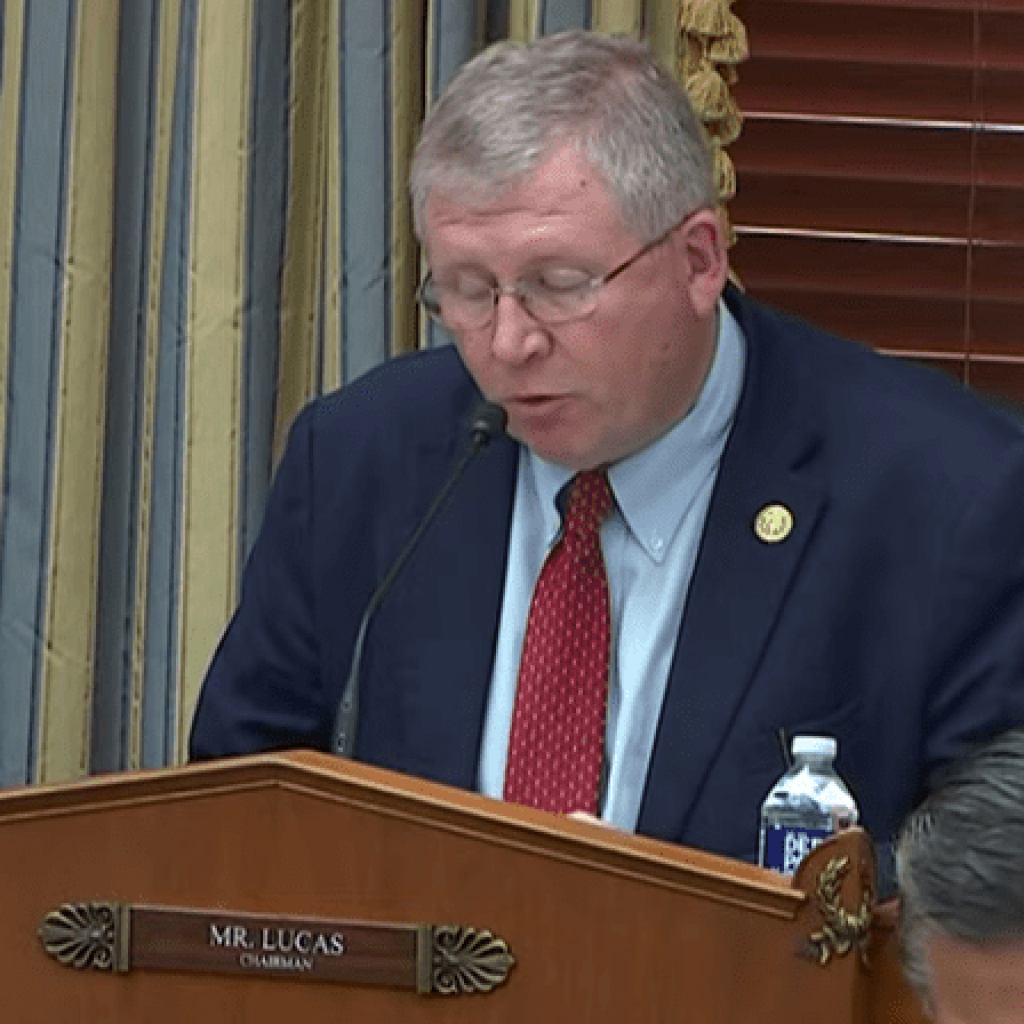Congress is embarking on an effort to reauthorize the U.S. National Quantum Initiative Act, which was passed in 2018 and is due to expire in September of this year.
That effort started this week with a three-hour hearing overseen by the U.S. House of Representatives’ Committee on Science, Space, and Technology to discuss where quantum computing and related technology stand today, what we can expect in the future, and what the government and legislators need to do to support the U.S. stay ahead of foreign adversaries in the emerging sector.
“I cannot overstate the importance of maintaining the U.S. competitive advantage in quantum capacity. The global leader in commercial and military quantum applications will have an economic and strategic advantage not seen since the United States ushered in the Nuclear Age in the 1940s,” said Rep. Frank Lucas (R-Oklahoma), chairman of the committee. “Further development, miniaturization and hardening of these quantum systems will give Americans the advantage on the battlefield of tomorrow. Quantum computers have vast, untapped potential for both good and evil, which is why it’s so important that we stay ahead of our adversaries on these technologies.”
Lucas led a wide-ranging hearing that addressed everything from quantum advantage and the development timeline for fault-tolerant quantum computers to quantum sensors and their applications to cybersecurity to China’s quantum investment, and more. The hearing included testimony from five quantum experts: Charles Tahan, director, National Quantum Coordination Office, OSTP; Paul Dabbar, former under secretary for science, U.S. Department of Energy; Eleanor G. Rieffel, senior researcher for advanced computing and data analytics, NASA/Ames Research Center; Celia Merzbacher, executive director, Quantum Economic Development Consortium; and Emily Edwards, executive director, Illinois Quantum Information Science and Technology Center, University of Illinois.
Some common observations arose from the hearing and are likely to influence what goes into the reauthorized act. One of these was a shared belief that more must be done to encourage public sector and private sector cooperation, particularly enabling small start-ups to better leverage research and facilities from the public sector. Many start-ups have sought to make their mark in the sector through proprietary research and product development with varying degrees of success. What more integrated cooperative efforts would look like remains to be seen.
Quantum workforce development and investment in early education and awareness also drew attention during the hearing. However, the House committee members who questioned the experts often returned to one theme during the hearing: How to stay ahead of China in quantum.
That, more than anything else, may determine the shape of the next National Quantum Initiative Act. Asked how American research and product innovations can be kept from being stolen and leveraged by others, Tahan said the U.S. must walk a fine line.
“There’s no perfect way to manage risk,” he said. “First and foremost, our goal has to be to continue to back our scientists and entrepreneurs and to keep the community open… We need to keep our engine of discovery going. But we need to do it in a smart way. And that comes down to really knowing what’s going on across the world and in our country, knowing what the risks are and making good decisions.”
Dan O’Shea has covered telecommunications and related topics including semiconductors, sensors, retail systems, digital payments and quantum computing/technology for over 25 years.
